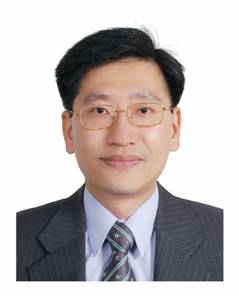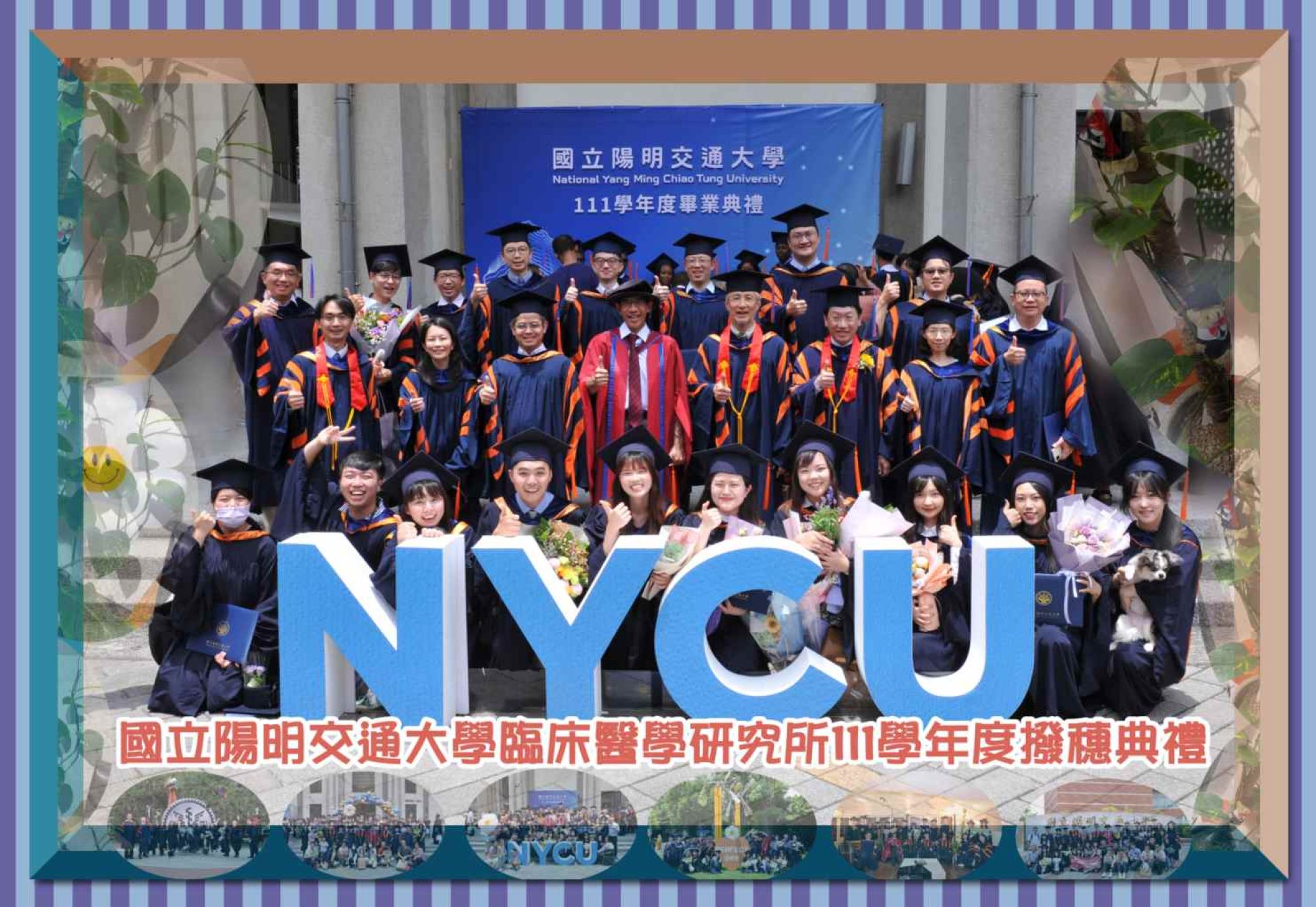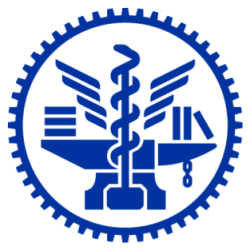
EDUCATION AND POSITIONS HELD:
- M.D., National Yang-Ming University, 1991
- Ph.D., National Yang-Ming University, 2004
- Postdoctoral fellow, National Cancer Institute, NIH, 2006-2007
- Associate Professor, Faculty of Medicine, Natl. Yang-Ming Univ., Taipei, Taiwan, 2007-2011
- Associate Professor, Institute of Clinical Medicine, Natl. Yang-Ming Univ., Taipei, Taiwan, 2007-2011
- Professor, Institute of Clinical Medicine, Natl. Yang-Ming Univ., Taipei, Taiwan ,2011-present
HONORS:
- 2010 Best Research Paper Award, Taipei Veterans General Hospital
- 2006 Taiwan Merit Scholarship, National Science Council, ROC
- 2004 Physician Research Scholarships, Institute of Biomedical Science, Academic Sinica
- 2003 Physician Research Scholarships, Institute of Biomedical Science, Academic Sinica
- 2001 Academic Award of Prof. JL Sung’s Research Foundation
- 2001 Physician Research Scholarships, Institute of Biomedical Science, Academic Sinica
- 2000 Physician Research Scholarships, Institute of Biomedical Science, Academic Sinica
RESEARCH FIELDS:
- Viral immunology, Tumor Immunology, Viral Hepatitis
RESEARCH INTERESTS:
The interaction between host immunity and hepatitis B virus infection
Both host and viral factors are involved in the pathogenesis of chronic hepatitis B virus (HBV) infection. Of the host factors, ineffective innate and adaptive immune responses against hepatitis viruses play a major role in the chronic viral infection. Our interests are how to break the immune tolerance during chronic hepatitis B and develop novel immunotherapeutic strategies against HBV infection. Our recent study had demonstrated that the spectrum of T cell receptor (TCR) cross-reactivity could be broadened and responds to multiple HDV variants by the enhanced epitopes immunization (Huang YH, et al. J Hepatol 2009). Viral quasispecies can be overcome by this approach. In the meanwhile, we have established a HBV replicative model in immune competent HLA-A2 tg mice. In this model, HLA-A2-restricted CD8 T cell responses can be evaluated. Triggering innate immune response by TLR or non-TLR ligands, as well as modifying CD8 T cell responses to ameliorate viremia is now undergoing in this HBV animal model.
Mechanism of HBV Reactivation associated with Chemotherapy or Biologic Treatment
Chemotherapy and biologic therapy-associated with HBV reactivation can result in fulminant hepatitis and liver failure. The host immune response during and after chemotherapy or biologic treatment might relate to the risk of HBV reactivation. Biologic agents have strong and sustained influence on host immunity. Out study interest is to explore the host antiviral immunity during and after chemotherapy or biologic treatment, and define a strategy to identify high risk populations.

